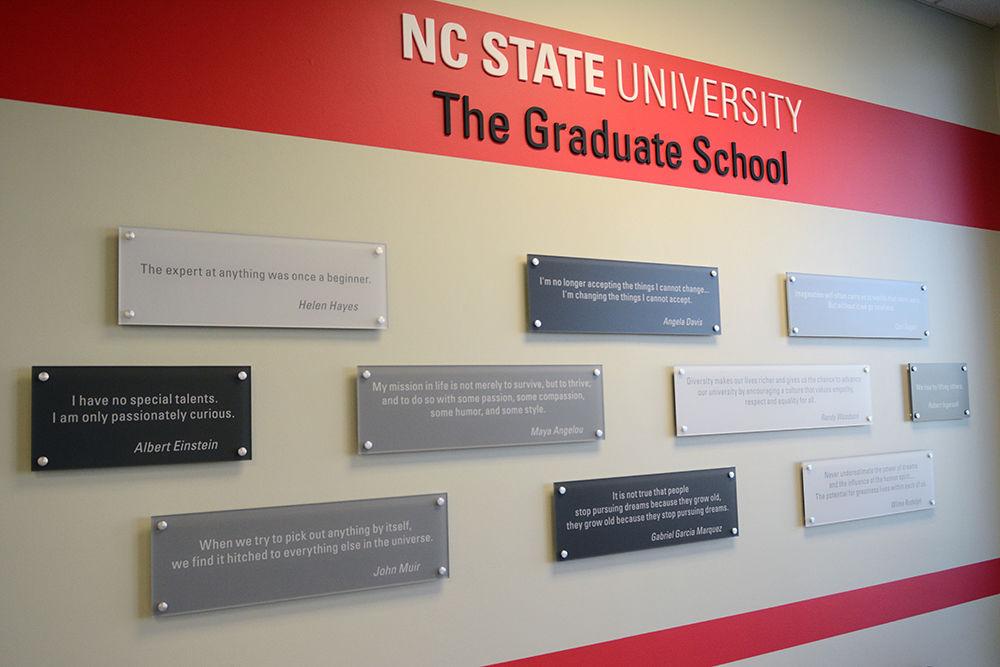While graduate students have numerous concerns, including financial burdens, NC State partially aids those working in research or teaching positions with tuition remission*, healthcare support and a stipend.
Peter Harries, interim dean of the Graduate School, explained the three main types of graduate student work offered through the university.
“You can be a teaching assistant, a research assistant, or what’s called a grad services assistant,” Harries said. “The first two are much more intimately bound to an academic work that a student is doing, and so those are accompanied by what we term the graduate student support plan.”
Harries said that graduate services assistants work in a more administrative role rather than an academic one. As a result, the graduate student support plan does not cover those students. For those under the GSSP, the entirety of graduate tuition is covered, so long as they receive a minimum $8,000 salary and are full-time students.
While Harries said that TA stipends are mostly consistent within* departments, RA stipends can vary.
“In a research assistantship, it’s often tied directly to the funding an advisor can get,” Harries said. “The funding that’s available there can fluctuate from grant to grant.”
TAs are paid by the university rather than through grants, as they help instructors run classes. Harries said that as a result, NC State has to strive to be competitive with other universities.
“In order to compete for a student with the other universities that are out there, they may need to offer students a bit more,” Harries said. “It’s like employing someone; if you want someone that’s at the top of their game, you’re probably going to have to pay them a little bit more.”
James Withrow, a Ph.D. student in entomology and biology and president of the Graduate Student Association, was also concerned about the level of funding available to graduate students and said graduate student stipends have not kept up with what living wages are.
“It’s not that I think that there’s piles of money laying around and that they don’t care,” Withrow said. “I think they’re trying to use the money in ways to have a good university. I just think that we’ve gotten to the point where grad students have tended to not get raises very frequently.”
Withrow spoke about his own experiences as an RA.
“My advisor got a grant from the USDA, and part of that was salary and research funds,” Withrow said. “He was able to pay whatever wasn’t covered by the GSSP. He actually paid my fees, which was very nice. That’s standard in my department…. When our department decided to give everyone raises, he could just pay me more from the grant, and there was money available, so there wasn’t a problem.”
Figuring out raises for TAs proved a challenge, because their stipends come from the department, Withrow said.
“For people on departmental funding, [that] wasn’t increasing, so they either had to pull money from another pot or cut the number of TAships they were giving,” Withrow said.
More information on NC State’s graduate student financial support can be found online.
*Editor’s note: Harries’s comments have been updated for clarity, and the wording regarding graduate tuition assistance has been edited for clarity.








